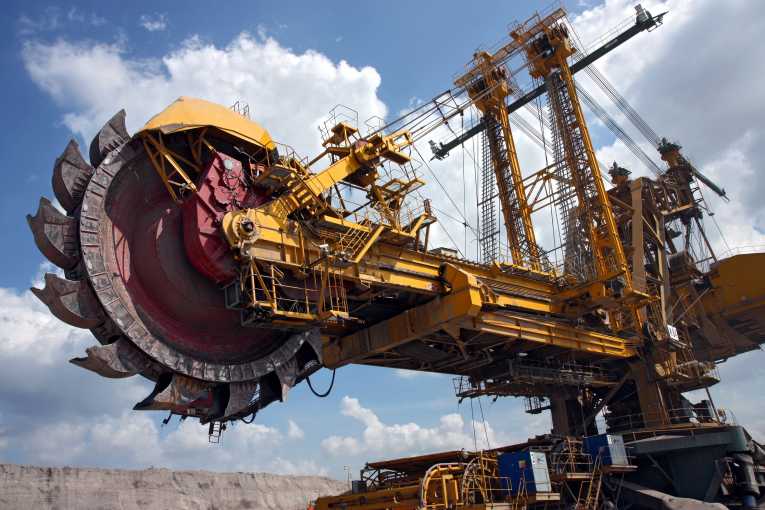There's more to the climate-change footprints of energy sources than simply the tail-pipe - or smoke-stack - plumes. Fossil fuels must be prised out of the ground, transported and processed. Pipelines, shipping, goods vehicles and power plants must be constructed, so using up energy and materials, before the first power comes trickling back from all that investment. So a proper assessment of the eco-desirability of any fuel must have a pretty thorough audit done, for all of its environmental impacts.
Now, an ecologist from Cornell University, has done the carbon-accounting on a range of fossil fuels - and the preliminary results are not looking good for the energy industry's recent savior, shale-gas. It looks as if the study - conducted by a team led by Robert Howarth, and to be published in May's Climatic Change Letters - has put shale-gas, extracted using controversial hydraulic fracturing technology, at the top of the climate impact bad-boy league.
Shale-gas has drawn much flack of late, for problems associated with its extraction - contaminated drinking water-wells, problems with waste disposal and even earthquakes. But less in the spotlight is its widely claimed role as a relatively clean fossil fuel - one that can ease the path from the old-energy to the clean-energy economy. That has come courtesy of its association with conventional natural gas - which produces much less CO2 on combustion than coal and oil, and which is often touted as a 'clean' fuel.
But in this new study, Professor Howarth, and his colleagues, have run a comprehensive greenhouse gas footprint analysis over the main fossil fuel players - coal, both deep-mined and surface extracted; diesel oil; conventional gas, from porous hydrocarbon reserves; and shale gas, extracted using 'fracking'. They looked at the climate impact from CO2 and methane emissions - as well as energy use - from extraction to 20 years afterwards. The results show that neither shale-gas, or in fact conventional-gas, are as clean as often claimed.Howarth said ''The take-home message of our study is that if you do an integration of 20 years following the development of the gas, shale gas is worse than conventional gas and is, in fact, worse than coal and worse than oil.'' The main reason is the relatively high methane leakage from gas extraction.
Natural gas is, in fact, primarily made of methane - and obviously the drilling companies aim to recover as much as possible. But this new study estimates that as much as 8% of all methane in shale gas escapes into the atmosphere - and methane is a very powerful greenhouse gas. It has 100 times the instantaneous greenhouse effect as CO2, although it clears out of the atmosphere much more quickly.
That is what gives shale gas 'fracking' a worse climate impact than coal. Co-author Tony Ingraffea is keen to stress that these are provisional results - more detailed monitoring of shale gas extraction is needed. But with shale gas extraction up and running for more than a decade, such work is long overdue. He says ''What we're hoping to do with this study is to stimulate the science that should have been done before.''










